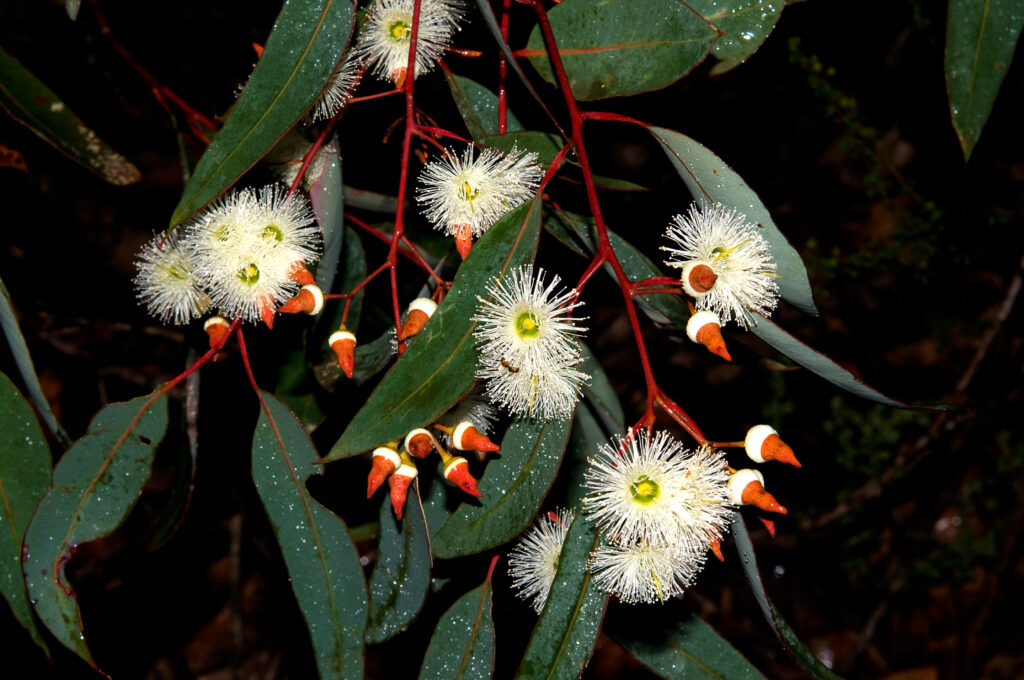Boiling Cold is a newsletter by Western Australian journalist Peter Milne.
I am tempted to reproduce his latest in full. But to add some background for readers who may not be familiar with Western Australia here are just a few snippets (Items in “quotes” are directly from Boiling Cold):
#1 is about Woodside’s North West Shelf project, one of the major LNG projects in Australia. Friends of Australian Rock Art (FARA) brought an appeal in the Australian supreme court to “argue that then environment minister Reece Whitby did not sufficiently consider the impact on climate change from the project, including the surrounding Murujuga rock art.”
At the heart of the appeal is that “Murujuga traditional custodian Raelene Cooper wants an answer after 3½ years to her application for the Murujuga rock art to be protected under Section 10 of the Aboriginal and Torres Strait Island Heritage Protection Act.”
There are about a million individual carvings, some over 40,000 years old. What strikes me about this story is the 3½ year gap between application and judgement (which is pending). It is also another demonstration of the disdain the extractive industries have for aboriginal art – Oh, we dynamited your sacred cave with some old drawings in there? You know, we had to get at the iron ore. Ah well, nothing we can do about it now, oops, so sorry. (wink, wink, nudge, nudge)

#2, also connected to Murujuga “… the ABC [Australian Broadcasting Corporation] revealed that Curtin University let WA’s Department of Water and Environmental Regulation write a summary of its research into Murujuga rock art, despite the university having that role under its contract. “They put a very rosy spin on the results and I think hoped everyone would only read the summary and not the full report,” was the thought of lead scientist Professor Ben Mullins, revealed by a freedom of information request.
Great work by the ABC.
Curtin [University} spine rating: 0/10.
Curtin demonstration of academic integrity and independence: 0/10.”
What gets to me in this snippet are two things; one that a university will allow its work to be misrepresented. But then it’s not just Curtin; we see the influence of money and politics on academic freedom around the world. The second is that in a state where Labor, a left leaning party, has a massive majority in parliament, the wishes of the extractive industries handily trump environmental concerns. [More on that in snippet 4]
#3 Jarrah is a beautiful tree that grows only in the southwest corner of Australia. A jarrah forest is a natural wonder. Jarrah produces a dark, thick, tasty honey. And its wood has a deep rich reddish-brown colour and an attractive grain.

Podiceps60 – Own work, CC BY-SA 3.0
But jarrah made a poor evolutionary choice; it developed a preference for soil rich in bauxite. And bauxite is a major source of aluminium.
Alcoa Australia has mined that bauxite for decades. Hundreds of thousands of acres of jarrah have been destroyed in the process. There have been remediation efforts but how can you restore the diverse environment that existed? In addition, there are knock-on effects on biodiversity and water supply – which is the subject of this snippet.
Recently Alcoa commissioned the global engineering firm GHD to analyse the impact of a major expansion to its activities.
“GHD identified 22 potential pathways for Alcoa’s activities to contaminate dams and found 21 of them presented a high risk.
However, Alcoa well and truly hid this vital finding on page 103 of one of 68 documents appended to 23 main reports Alcoa submitted to the EPA [WA Environmental Protection Agency]. Meanwhile, we are all bombarded by continuous advertising from Alcoa, saying all will be well.
Independent expertise versus paid-for PR? Not difficult to know who to trust.”
[Peter Milne’s more detailed reporting is here]
#4 “The [Western Australian] Government paid Deloitte $400,000 last financial year to “undertake modelling and analysis on the role of WA’s gas in decarbonisation in the Asian region” and “provide advice to cabinet [i.e. the leaders of the government] on these matters.”
That last bit of the scope is crucial, as Labor is refusing to release the report because it is “cabinet in confidence.”
You can bet that if Deloitte had produced a ringing endorsement of Roger Cook’s* mantra that WA’s emissions have to rise so our trading partners can drop theirs, the report would be readily available.” *[Roger Cook, the WA premier, comparable to a US state governor]
Can more Australian LNG exports help Asia to emit less carbon? This is a complex argument. The devil is in the detail and those details should be readily available. That a Labor government would not strive for that level of transparency is beyond sad.
